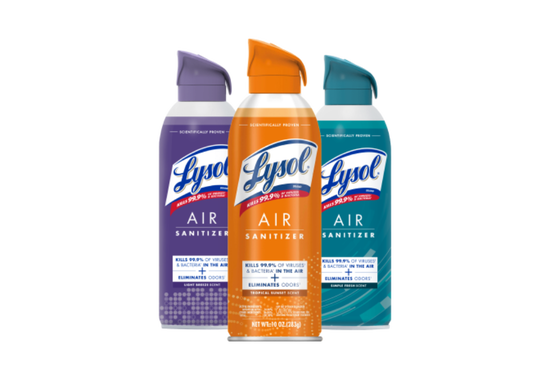
What are viruses?
Use these virus tips to know how viruses spread and how to disinfect and clean your home for viruses.
While the term germs is a catch-all word for four very different types of organism — including bacteria, fungi, and protozoans — viruses are notable among the group because they’re responsible for some of the most infamous and deadly diseases of our time: various Influenza outbreaks across the centuries (like the 2009 H1N1), Ebola, HIV, and COVID-19 are all illnesses caused by viruses.
How do viruses work?
Unlike other germs which are made up of cells and reproduce on their own, viruses are a strange collection of nucleic acids (RNA and DNA, the same stuff in our genes) which require a living host to invade in order to reproduce. They’re so ‘strange’ that scientists continue to debate whether they are living at all. But once a virus infects a healthy living cell, they sure appear to come to life. That’s because when inside, a virus takes over a cell’s internal functions and changes them, turning the cell into a virus producing machine. The newly created viruses then go on to infect other cells within the host. But their insidious intrusion doesn’t stop there.
Different viruses affect your body in different ways, causing various symptoms — sneezing, coughing, runny noses, and diarrhea to name a few. These aren’t just a nuisance to you, its host. They’re part of the virus’s survival strategy, making sure that the reproduced viruses created in your cells continue to spread to other hosts. For example, one sneeze can emit over 20,000 droplets containing Rhinovirus. Touching or breathing those droplets in is all it can take for someone else to catch the cold.
How do viruses spread?
Viruses spread in many of the ways other germs do. As noted above, colds along with Influenza viruses are spread through the air by droplets of moisture when people cough or sneeze. Rotavirus, on the other hand, can spread simply by contact with infected children who are shedding viral particles, while others, like the dengue virus, are spread through the saliva of blood-sucking insects.
In short, viruses can spread through:
- Coughing and sneezing
- Contact with infected people, especially through kissing
- Contact with contaminated surfaces, food and water
- Contact with infected creatures, including pets, livestock and insects such as fleas and ticks
- Improper washing of hands and then touching contact points such as your mouth, nose and eyes
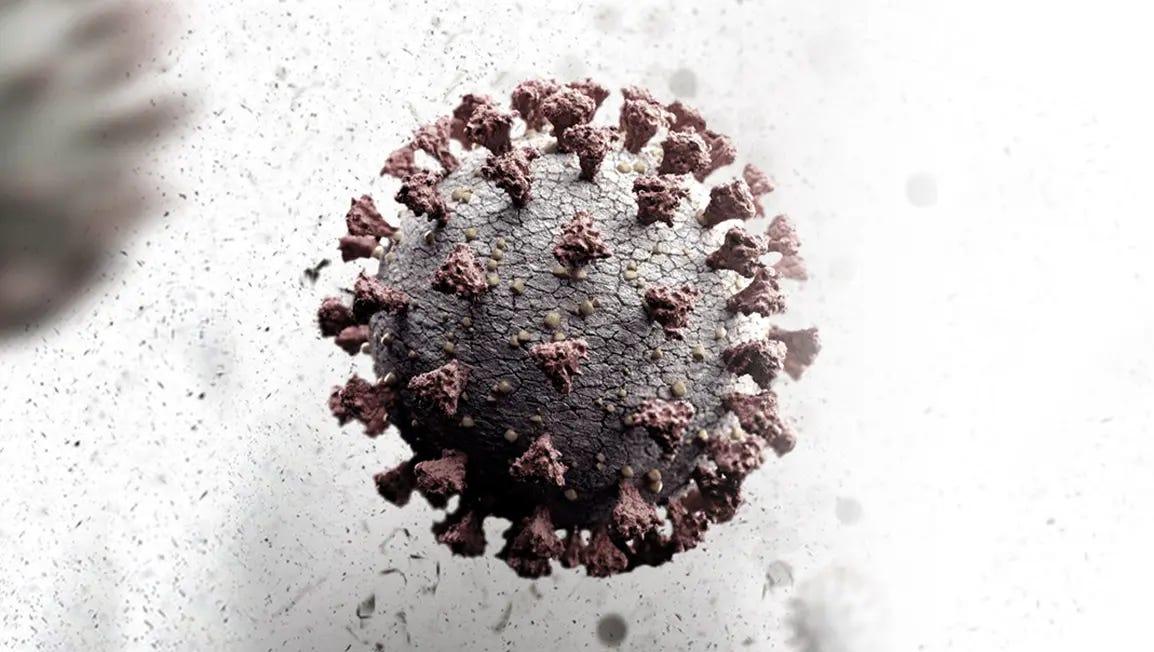
How do you help protect yourself from viruses?
Dealing with a viral infection can be a nasty and sometimes dangerous experience. In healthy humans and animals, infections are usually eliminated over time by the immune system, which can in some viral instances also provide immunity from that virus. Certain vaccines can also produce lifelong immunity and help prevent infections.
However, the best way to help protect yourself from a viral infection is by preventing one: get vaccinated if one exists, limit your exposure to virus spreading individuals and situations, wash your hands often after being out, using the bathroom, changing diapers, or doing food prep, and practice good cleaning and disinfecting habits around the home, like the ones conveniently listed in the article below.
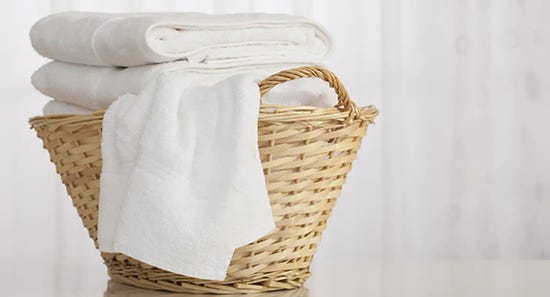



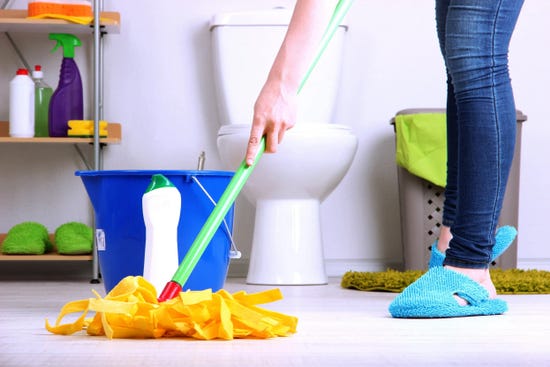



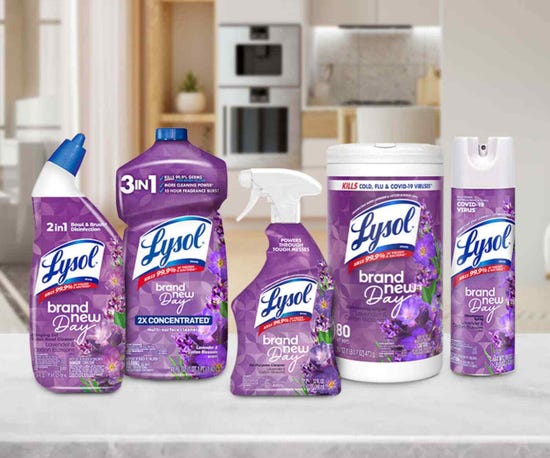
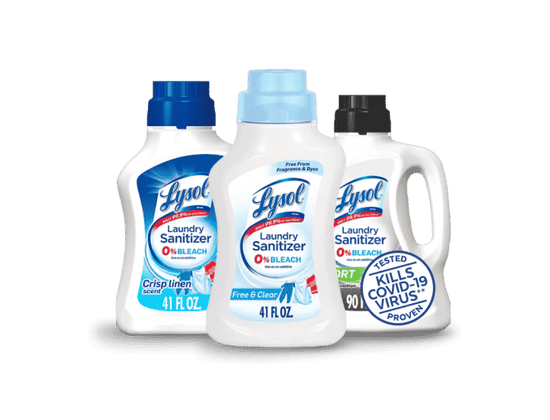
.png?width=550&height=377&format=png&quality=80)
.png?width=550&height=377&format=png&quality=80)
.png?width=550&height=420&format=png&quality=80)
.png?width=550&height=377&format=png&quality=80)
.png?width=550&height=377&format=png&quality=80)
